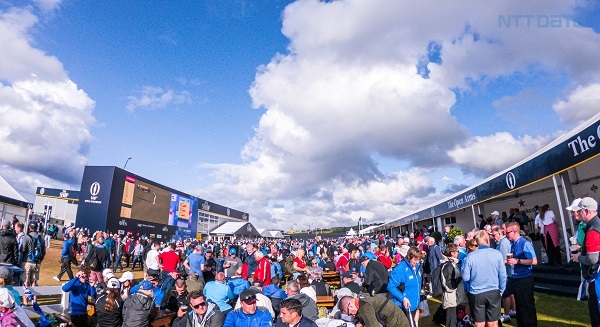Our Friend in Paris: Sky News’ Rob Harris
The waiting cruise boat on the Seine could be seen clearly but, perplexingly, there was no obvious route down to board it from the embankment by the Eiffel Tower.
This was not for a Sky News team’s Champagne-fuelled sightseeing tour. We were attempting to show how, in July, a floating parade of athletes would be part of the most ambitious opening ceremony conceived by an Olympic city.




